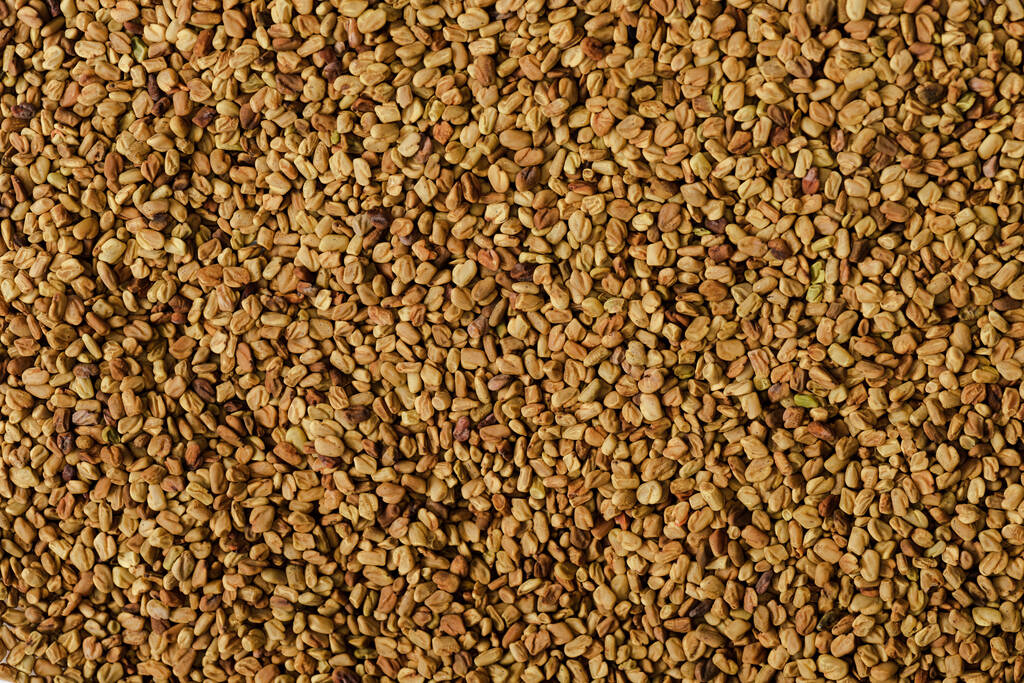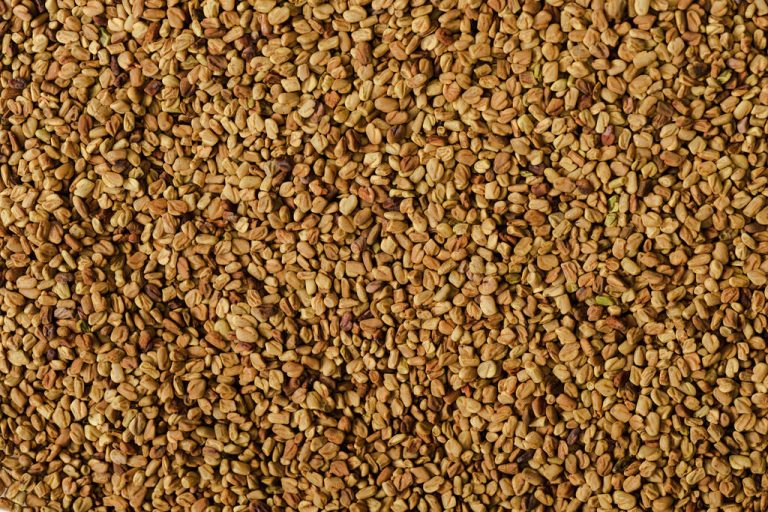Many women resort to fenugreek in case of insufficient milk production after pregnancy. We explain how the seeds can work, how to use them and why they are viewed critically.
Fenugreek is used not only as a spice, but also as a medicinal remedy. The plant, which is native to the Mediterranean region and Asia, is said to have numerous positive effects thanks to its valuable ingredients.
Effect and side effects of fenugreek seeds
Fenugreek seeds contain proteins and vitamin A and vitamin B – they can help with hair loss. The aromas and essential oils in the seeds are also said to help against loss of appetite (when it is not due to a serious illness but to temporary sensitivities).
The high iron, magnesium and calcium content also ensures an improved blood count, strengthens muscles and nerves and helps to bind fatty acids
Fenugreek has a blood sugar-lowering effect, so some people even take it to help with diabetes mellitus. Other publications question exactly this and advise against supportive diabetes therapy with fenugreek.
You should also be aware of possible interactions with natural remedies such as fenugreek: Diabetics should only take the seeds together with their usual medication after consulting a doctor. Since fenugreek slows blood clotting, you should also use it with caution if you have a blood clotting disorder. Excessive intake of the seeds can cause nausea or bloating. In addition, fenugreek seeds, like other sprouts, are particularly susceptible to germs – you should therefore prepare them particularly carefully.
Fenugreek seeds and their effect on milk production
Another important use of fenugreek seeds is to promote lactation in mothers who are struggling with:
The milk-boosting effect is caused by the plant hormones contained in the fenugreek seeds: the so-called phytoestrogens support and stimulate the body’s own production of estrogen and prolactin when breastfeeding.
For mothers with hormonal breastfeeding problems, fenugreek can help to balance an existing imbalance.
However, the effect of fenugreek is also controversial here: Although many midwives and lactation consultants recommend fenugreek preparations, there is no scientific evidence that they really work.
Beware of possible intolerance: women who have taken fenugreek have had allergic reactions in the past. Side effects such as increased sweating or diarrhea are also possible.
Fenugreek can therefore have positive effects on health due to its valuable ingredients – but whether it is really a miracle cure for stronger milk production is not certain. If you want to try fenugreek, you should first talk to a doctor, especially to prevent possible interactions and side effects.

What is the best way to use fenugreek seeds?
You can use fenugreek in various ways as a breastfeeding supplement: either as a breastfeeding tea, in which the seeds work together with other herbs such as fennel or aniseed, or in the form of capsules. These capsules are considered to be significantly more effective due to the significantly higher concentration of fenugreek – at least six cups of conventional breastfeeding tea are usually required daily to show noticeable success. When taking fenugreek capsules, you should consider a few points:
You should not take the capsules during pregnancy, as they affect your natural hormonal balance and excessive use can lead to premature contractions of the uterus, i.e. they can induce labor.
Of course, capsules in organic quality and without any other additives are ideal – it’s best to ask the pharmacy directly or look online for a suitable product.
Unless your lactation problems are solely caused by hormonal imbalance, fenugreek seeds alone may not help. So try to boost your milk production by latching on frequently and always drinking enough fluids. It is also important to allow yourself enough rest and relaxation and to avoid stress – even if that is easier said than done for new mothers.
In principle, breast milk is the ideal source of nutrition for babies shortly after birth due to the nutrients it contains and the effect it has on strengthening the immune system.

